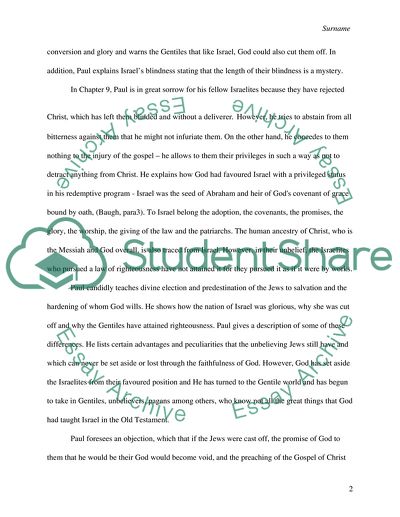Cite this document
(Paul's Attention to Israel in Romans Research Paper, n.d.)
Paul's Attention to Israel in Romans Research Paper. Retrieved from https://studentshare.org/religion-and-theology/1721914-pauls-discussion-of-israel-in-romans-9-11
Paul's Attention to Israel in Romans Research Paper. Retrieved from https://studentshare.org/religion-and-theology/1721914-pauls-discussion-of-israel-in-romans-9-11
(Paul'S Attention to Israel in Romans Research Paper)
Paul'S Attention to Israel in Romans Research Paper. https://studentshare.org/religion-and-theology/1721914-pauls-discussion-of-israel-in-romans-9-11.
Paul'S Attention to Israel in Romans Research Paper. https://studentshare.org/religion-and-theology/1721914-pauls-discussion-of-israel-in-romans-9-11.
“Paul'S Attention to Israel in Romans Research Paper”, n.d. https://studentshare.org/religion-and-theology/1721914-pauls-discussion-of-israel-in-romans-9-11.


